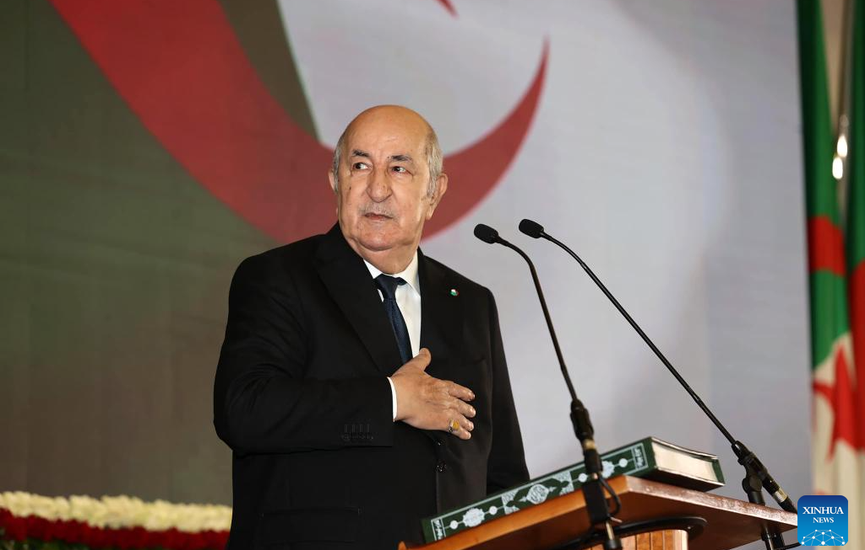Algeria is undergoing a significant economic transformation, driven by a strategic push to diversify its economy and reduce its dependence on hydrocarbons. Under President Abdelmadjid Tebboune’s leadership, the government has introduced reforms aimed at stimulating growth in sectors such as manufacturing, agriculture, technology, and renewable energy. These efforts reflect a broader ambition to modernize Algeria’s economic framework, attract foreign investment, and create sustainable employment opportunities for its youthful population. The country’s vast natural resources and geographic position offer considerable potential for regional economic leadership, provided these reforms are implemented effectively.
However, this economic momentum is unfolding within a political environment marked by persistent constraints on democracy and freedom of expression. Despite promises of renewal following the Hirak protest movement, Algeria continues to face criticism for its limited press freedom, suppression of dissent, and the prosecution of journalists, activists, and opposition figures. The re-election of President Tebboune in 2024, characterized by low voter turnout and allegations of irregularities, underscored the fragility of democratic institutions and the challenges facing political pluralism in the country.
The tension between economic reform and political restriction raises important questions about the sustainability and inclusiveness of Algeria’s transformation. While infrastructure projects and industrial expansion may yield short-term gains, the absence of transparent governance and civic participation risks undermining public trust and long-term stability. Civil society organizations and minority communities have reported increased pressure, further highlighting the need for a more open and accountable political framework. Without meaningful space for public debate and institutional checks, economic decisions may lack legitimacy and fail to address the diverse needs of Algerian citizens.
Algeria’s path forward depends not only on its ability to implement economic reforms but also on its willingness to embrace democratic principles and protect fundamental freedoms. A resilient economy requires a resilient society, one where citizens can freely express their views, participate in decision-making, and hold leaders accountable. As Algeria navigates this complex transition, the interplay between economic ambition and democratic constraints will shape its future trajectory and determine whether its transformation can truly deliver prosperity and justice for all.
